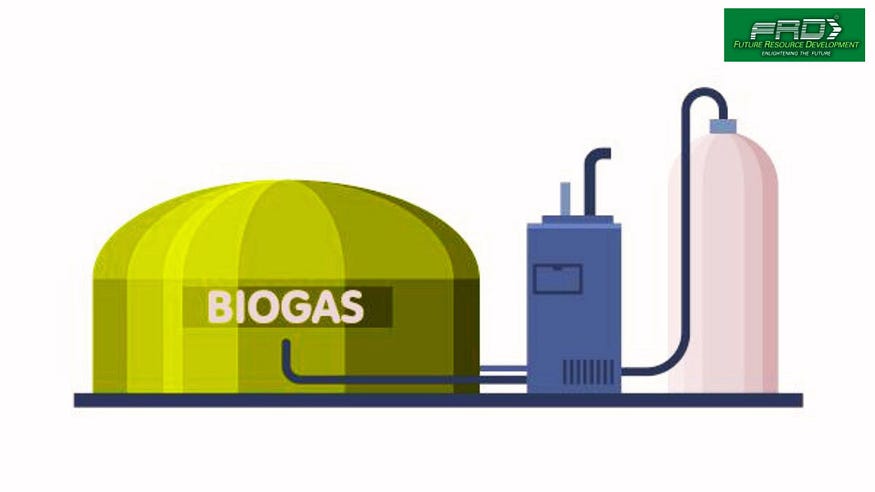Promoting Flexible Biogas Plants to Secure the Energy Supply in Kerala

In Kerala, where sustainable development is a key focus, biogas in Kerala emerges as a powerful and reliable solution for addressing the state’s growing energy needs. The rise of flexible biogas plants has opened up new possibilities for both energy security and environmental sustainability. As the state works towards minimizing reliance on traditional energy sources, biogas technology offers a promising alternative that not only utilizes local waste but also helps in securing a more sustainable energy future.
What is Biogas and Why Should Kerala Focus on It?
Biogas in Kerala is produced through the anaerobic digestion of organic waste materials such as agricultural residues, food waste, and animal manure. With Kerala’s vast agricultural sector, there is a wealth of organic material readily available for biogas production, making it an ideal solution for the state. Biogas can be used for electricity generation, heating, and even as vehicle fuel, making it a versatile and essential resource for Kerala’s future.
Flexible Biogas Plants: A Game-Changer for Kerala’s Energy Supply
Flexible biogas plants are designed to handle different types of organic waste and adjust to varying input quantities. This flexibility makes them particularly suitable for Kerala, where the availability of waste materials can fluctuate depending on the season and local agricultural activities. Here’s why promoting biogas in Kerala through flexible biogas plants is essential for securing the state’s energy supply:
1. Diverse Waste Inputs for Biogas Production
One of the major advantages of flexible biogas plants is their ability to process various organic materials. Whether it’s agricultural waste, household food scraps, or industrial byproducts, these plants can handle it all. This diversity ensures a consistent supply of biogas, helping communities across Kerala meet their energy needs without being dependent on external energy sources.
2. Enhancing Energy Security for Kerala
By shifting towards biogas in Kerala, the state can significantly reduce its dependence on fossil fuels and grid-based electricity. Flexible biogas plants offer a decentralized energy solution, capable of functioning in both urban and rural areas. This enhances the reliability of energy supply, especially in off-grid locations where traditional energy infrastructure is lacking.
3. Supporting Sustainability and Environmental Goals
Biogas production is an environmentally friendly process. Unlike fossil fuels, biogas generates low greenhouse gas emissions. In a state like Kerala, which is committed to protecting its lush natural environment, biogas in Kerala helps reduce the carbon footprint. Additionally, by utilizing organic waste, biogas plants help in reducing the environmental burden of landfills and waste disposal, contributing to a cleaner and greener Kerala.
4. Economic and Social Benefits
The widespread adoption of flexible biogas plants in Kerala not only ensures energy security but also promotes local economic development. By using local organic waste, these plants support farmers and waste collectors. Furthermore, the byproducts of biogas production, like bio-slurry, can be used as a natural fertilizer, benefiting Kerala’s agricultural sector.
Government Support for Biogas in Kerala
The Kerala government has recognized the importance of biogas in Kerala and has been promoting renewable energy initiatives across the state. Through subsidies, incentives, and research partnerships, the government is helping businesses and local communities implement biogas systems. Moreover, by encouraging the private sector to invest in biogas plants, the government is fostering innovation in the energy sector.
Conclusion: The Future of Biogas in Kerala
As the demand for sustainable energy continues to rise, biogas in Kerala will play an increasingly vital role in meeting the state’s energy requirements. By investing in flexible biogas plants, Kerala can ensure a consistent, renewable energy supply while reducing waste and promoting environmental conservation. The state is well-positioned to lead the way in renewable energy solutions, and biogas technology is a key player in securing a greener and more sustainable energy future.

Comments
Post a Comment